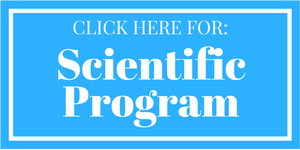
Kwan-Hwa Lin
Tzu Chi University, Taiwan
Title: Acute effect of multisensory stimulation on electroencephalography in patients with dementia
Biography
Biography: Kwan-Hwa Lin
Abstract
Introduction: Multi-Sensory Stimulation (MSS), previously known as snoezelen, is usually provided to stimulate the senses through the provision of un-patterned visual, auditory, olfactory and tactile stimuli in a leisure room for people with learning disabilities. Preliminary investigations have suggested that MSS is beneficial for improving cognition, life of quality in people with dementia. However, one leisure room requires large space with sensory modalities which can be expensive. In this study, a portable recliner with MSS was developed.
Objectives: The purpose of this study was to record the brain activity before and after MSS in persons with dementia.
Method: Six old persons living in the long-term care facilitate with mild to moderate dementia were recruited. The participants were arranged individually to sit on a recliner for 10 minutes. The chair was equipped with music-induced vibration for tactile stimulation and music-induced optic fibers lightening for visual stimulation. The 14-lead Electroencephalography (EEG) was recorded before, during and after MSS. The EEG was analyzed by time-frequency Fourier transform. The α-wave (8~12 Hz), β-wave (12~30 Hz), θ-wave (4~8 Hz) and δ-wave (0.5~4 Hz) were quantified. The nonparametric Wilcoxon-signed rank test was performed.
Results: The energy of α, β and θ waves especially in frontal-temporal lobes increased significantly after MSS.
Conclusion & Significance: This was a pilot study and the preliminary data indicated that the frontal-temporal activities increased immediately after MSS. After musical vibration, the increase inαwave might increase relaxation. The increase in β wave might increase attention to environmental stimulation. Furthermore, the increase in θ wave might be related to subconscious mood change after MSS. Therefore, the change in the brain activities with MSS might be beneficial for persons with mild dementia.

